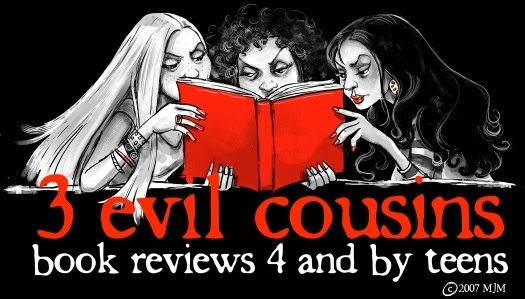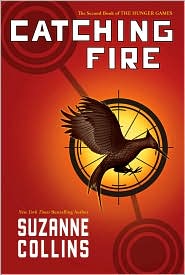
Incredibly, Dr. Wyatt gives Eli the job. For a while, it seems too good to be true. Though it’s only an entry-level, lab-assistant job, the work is exciting and the pay is fantastic. Best of all, Eli begins to get to know Dr. Wyatt, a genius scientist, and learns about Dr. Wyatt’s current and future projects. He divides his time between his job, his girlfriend, and spending time with Dr. Wyatt.
But Eli’s dad urges Eli to quit the job, and he won’t say why. He is simply adamant that Eli should not be working for Wyatt Transgenics. Eli knows that his parents used to know Dr. Wyatt, and he suspects that his father’s opposition to his new job has something to do with his mother’s Huntington’s disease, which has left her a ghost of her former self, living in a nursing home. But why exactly, he doesn’t know. And Eli has some secrets of his own- he’s never told anyone, not even his longtime girlfriend, about his mother’s condition, or that he has a fifty-fifty chance of developing the disease himself.
The longer Eli works at Wyatt Transgenics, the more certain he becomes that something is wrong, and the less certain he becomes of everything else.
This book was a fun, quick read. The premise was original and highly intriguing, and there were sufficient unexpected plot twists to keep me interested. Since I am a huge science geek, I was very interested in the work on genetics being done at Wyatt Transgenics, and the idea that someday, direct and deliberate genetic manipulation might be possible. This book made me think about the ethical ramifications of such manipulations, and of the study of genetics in general.
Initially, I was a bit confused about whether this book was a sci-fi or a mystery, but the mystery aspect soon asserted itself. The mystery was okay. It was an extremely interesting concept, and all the essential elements were there, but I was annoyed by the fact that it seemed to progress in two stages. First there was very limited information, and the mystery was more of a hanging uncertainty than an actual mystery. Then suddenly, there was a sharply defined question with lots of evidence, and the outcome was disappointingly predictable. I felt that some of the plot elements could have been spaced out better throughout the book. Also, at times I wanted to scream at the main character for being an idiot and/or a total jerk.
Overall, I give this book three and a half daggers, for thought-provoking elements, an interesting plot, and science.

Genetically yours,
Tay










 nd heartbreaking story of a foster child, fourteen books, many colors, an accordion, death, a Jewish fist fighter, a basement, two wars, a kiss, and a boy with hair the color of lemons.
nd heartbreaking story of a foster child, fourteen books, many colors, an accordion, death, a Jewish fist fighter, a basement, two wars, a kiss, and a boy with hair the color of lemons.


